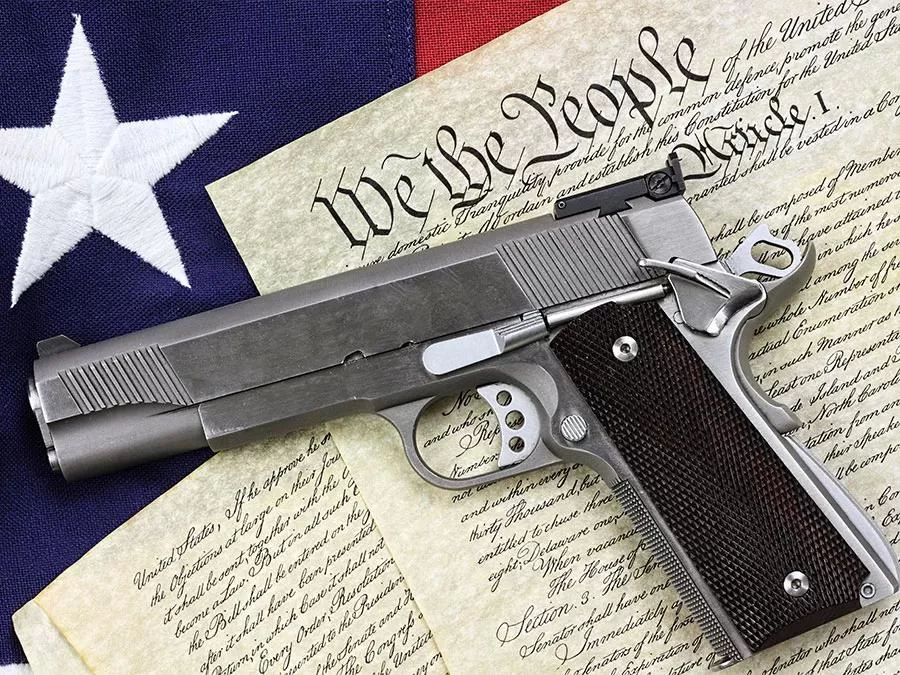
- overview-changing-gun-rights-court
- historical-context-second-amendment
- recent-landmark-cases-impact
- state-vs-federal-gun-laws
- public-opinion-and-legal-trends
- future-outlook-and-legal-advice
Overview of the Changing Landscape of Gun Rights in Court
The legal landscape surrounding gun rights in the United States has undergone significant shifts in recent years. Courts at various levels have reconsidered how the Second Amendment applies in modern contexts, reflecting societal debates about firearm ownership and regulation. These evolving interpretations influence not only legislation but also the rights of individual gun owners nationwide.
This article examines key aspects of the changing landscape of gun rights in court, providing a detailed understanding of the challenges and implications for Americans who value their constitutional rights. Whether you are a gun owner, legal professional, or simply interested in the subject, grasping these developments is crucial.
Historical Context and the Second Amendment
The Second Amendment, ratified in 1791, protects the right to keep and bear arms. Historically, court decisions varied widely in interpreting this right—sometimes focusing on collective militia rights, other times on individual ownership. Landmark cases such as District of Columbia v. Heller in 2008 reaffirmed individual gun ownership rights but also acknowledged that these rights are not unlimited.
This foundation sets the stage for ongoing legal debates. Courts continue to balance the constitutional protections against public safety concerns, which often leads to contentious rulings.
Recent Landmark Cases and Their Impact
In recent years, cases like New York State Rifle & Pistol Association v. Bruen have brought renewed attention to firearm regulations. These rulings have shaped the interpretation of what types of laws are permissible, particularly concerning concealed carry and restrictions on certain weapons.
The outcomes of these cases affect not only gun owners but also legislative approaches to gun control, signaling potential shifts in national policy.
Navigating State Versus Federal Gun Laws
Gun rights in the U.S. are complicated by the coexistence of federal and state laws. While the federal government sets baseline regulations, states have the authority to implement stricter or more lenient laws. This patchwork creates varying rights and responsibilities depending on location, adding complexity for gun owners and legal professionals alike.
Understanding how state and federal laws interact is essential for anyone seeking clarity on their gun rights.
Public Opinion and Legal Trends Influencing Gun Rights
Public attitudes toward gun ownership and regulation impact legal decisions and legislative priorities. Recent shifts in public opinion, often influenced by high-profile incidents and advocacy, drive political will and court interpretations.
Legal trends reflect these societal changes, highlighting the dynamic nature of gun rights in America.
Future Outlook and Legal Advice for Gun Owners
The future of gun rights in court remains uncertain, with new cases and legislative efforts continually emerging. For gun owners, staying informed and seeking expert legal advice is paramount. Professionals like those at ESPLawyers can provide crucial guidance tailored to individual circumstances.
Whether defending your rights or navigating new laws, expert support ensures you remain compliant and protected in this evolving legal environment.








